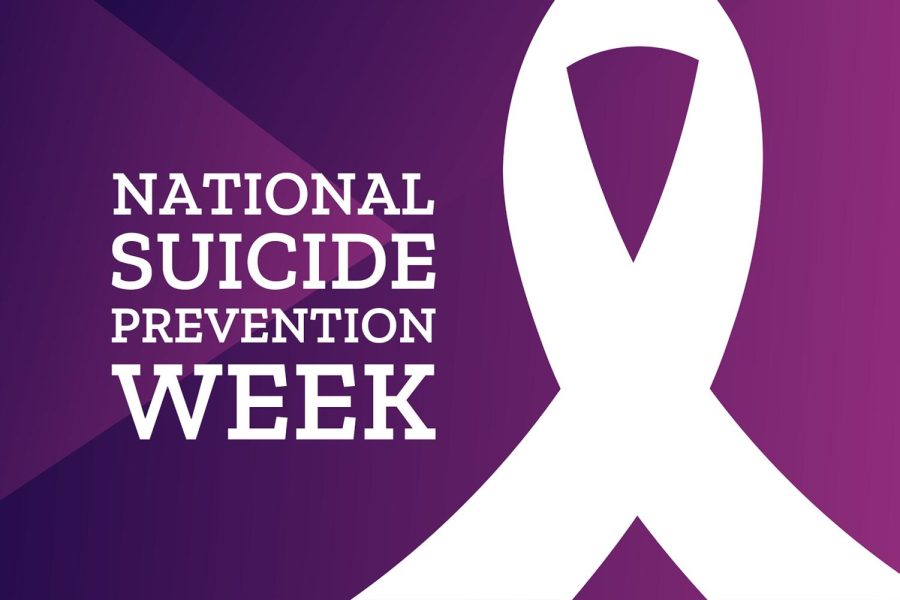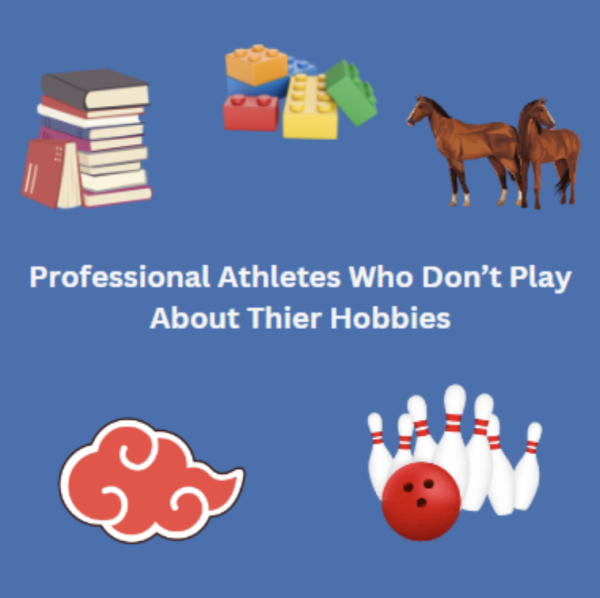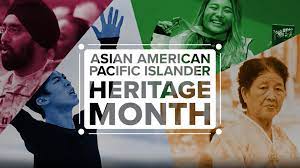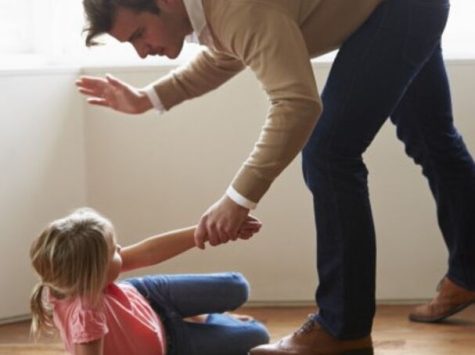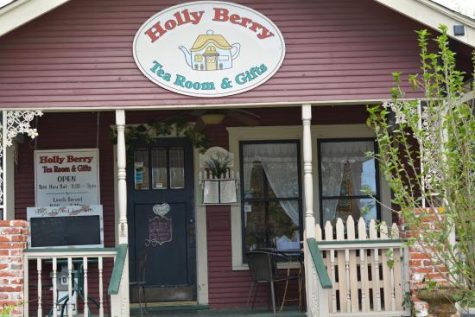Suicide Prevention Week
September 29, 2022
Suicide is something most people don’t want to talk about. It’s scary and uncomfortable and it’s everywhere. Anyone, regardless of age, race, or gender, can be at risk. With Suicide Awareness Month coming to a close it’s a good time to have those difficult conversations. It might even save a life.
In 1958 the first suicide prevention center was opened in Southern California. Two years later a task force was created to respond to emergencies and inform the public. Now, there are several hotlines and resources available as well as an abundance of information online. The United States has created a plan for long term suicide prevention. Awareness has grown significantly, and resources are more available than ever to help those who are struggling. However, suicide is still the tenth leading cause of death in America. What’s the deal?
Suicide has become less of a taboo recently, especially with celebrities being more open with their mental health struggles. More people are aware of and accommodating mental illness, and it’s become normalized. And, as is common with this generation, with acceptance comes humor. Walking the halls any time of day, you can hear several variations of “if I don’t pass this test, I’m going to kill myself.” Online, it’s even more so. While letting off some steam helps the individual, it might not be the best thing for society. It’s important to remember that others can hear, and not everyone feels the same way about gallows humor. For someone seriously considering suicide, it’s insensitive at best and deeply harmful at its worst. It can also expose these ideas to children, normalizing these thought patterns and possibly covering up a real issue.
With suicide rates so high, it’s natural to be concerned. If a loved one opens up to you, listen and be there for them. Encourage them to seek professional help if possible. Ask questions, no matter how uncomfortable. It’s better to say something. If nothing else, they’ll know you’re someone they can depend on and that someone cares.
National Suicide Prevention Lifeline: 800-273-8255 or 988

